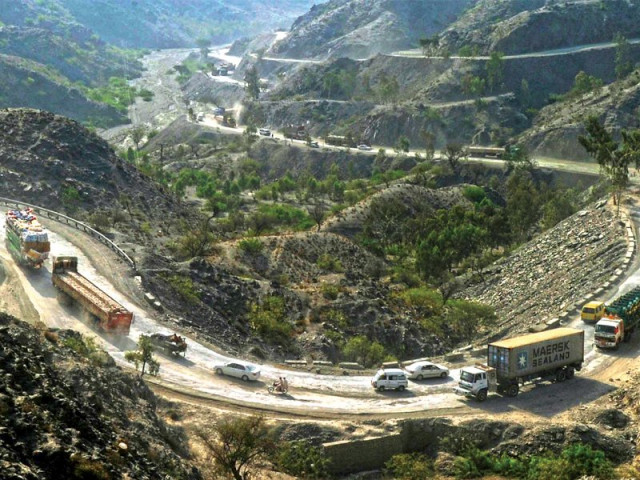Border affairs: Harassment of Afghans continues after Torkham incident
Provincial government not ready to extend refugees’ stay

Provincial government not ready to extend refugees’ stay. PHOTO: FILE
More than 2,000 people from the neighbouring country had also been jailed over the past few weeks – mostly from Hayatabad and Haji Camp.
UNHCR formally requested Pakistan’s Ministry of States and Frontier Regions to extend the duration of Afghan refugees’ stay in Pakistan. However, the agreement could only be signed after the prime minister is back in the country, on July 10. The agreement of the extension will be a pivotal moment for three million Afghans residing in Pakistan.
On the other hand, the provincial government asked the Centre not to extend any agreement with the UNHCR and repatriate all Afghans on an urgent basis. They said all refugees must leave Pakistan as soon as possible whether they have the proof of registration (POR) cards or not.
While talking to The Express Tribune, Minister for Information Mushtaq Ghani said the provincial government cannot bear the burden of Afghan nationals any longer. “We also requested the federal government to limit their movement to camps and close off their businesses,” he added. “If the Centre approves another intake of refugees, it must divide them among the other three provinces.”
Can Kabul and Islamabad’s positive intentions silence warmongers?
Meanwhile, UNHCR expressed concern over the regular maltreatment of Afghan refugees at the hands of security officials.
“We are looking forward to Islamabad approving the Afghan Refugee Draft Strategy, an agreement signed among Pakistan, Afghanistan and UNHCR on August 30, 2015 in Kabul. All parties had agreed to extend the stay until 2017,” UNHCR Public information officer Dunya Aslam Khan said. The refugees will also be relieved if the draft is signed in their favour.
An Afghan national said security officials harass them all the time and ask for money every now and then. “We are witnessing an increasing trend of aggression, abuse and harassment from public officials after the Torkham incident,” he said, bursting into tears. “We ask the Afghan government to normalise relationships with Pakistan and think about the three million Afghans living in Pakistan.”
After the incident, the Pakistani government restricted the temporary visa, which was previously three months, to 30 days. Moreover, Pakistan also made it compulsory for Afghan visitors to appear at the FIA office in Peshawar after crossing the border.
“All policemen asked us for a bribe. Many even threatened to jail us if we fail to hand over the amount,” another Afghan refugee claimed soon after arriving in Pakistan.
Speaking to The Express Tribune, senior journalist Fakhar Kaka Khel said Pakistani politicians and military should discard the policy of harassing Afghan nationals as it creates discomfort, alienation and mistrust.
Published in The Express Tribune, June 29th, 2016.












COMMENTS
Comments are moderated and generally will be posted if they are on-topic and not abusive.
For more information, please see our Comments FAQ